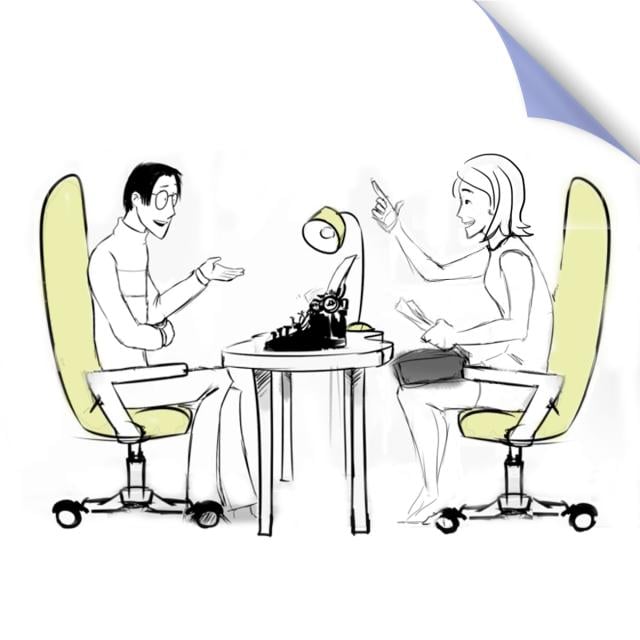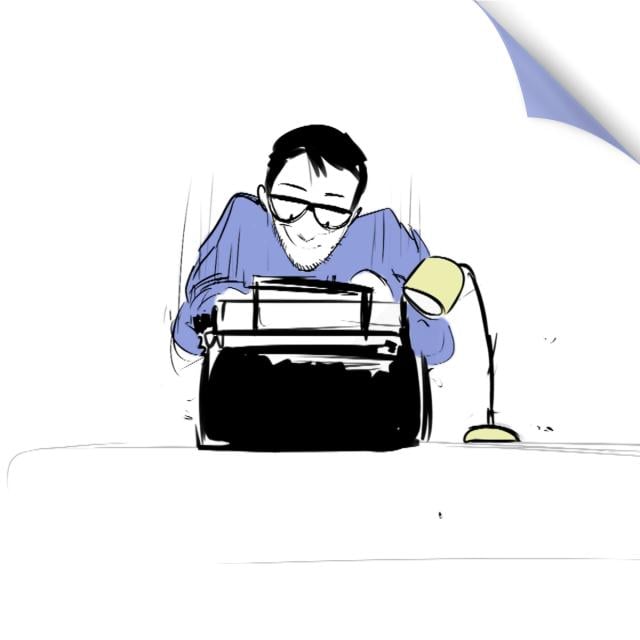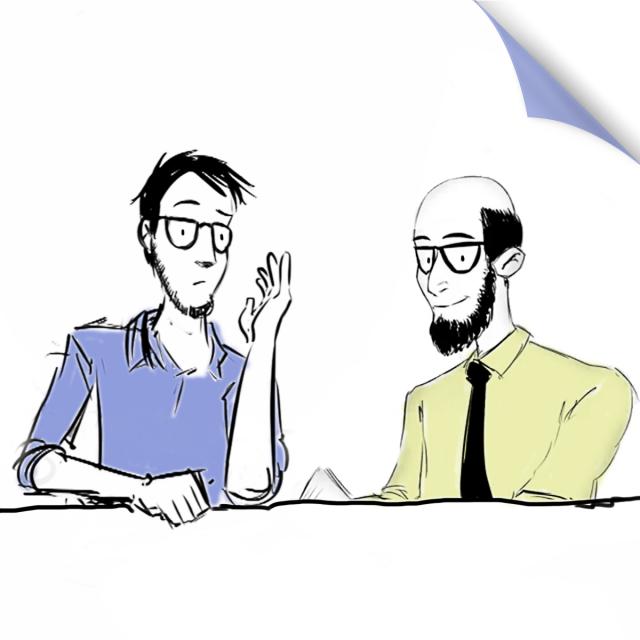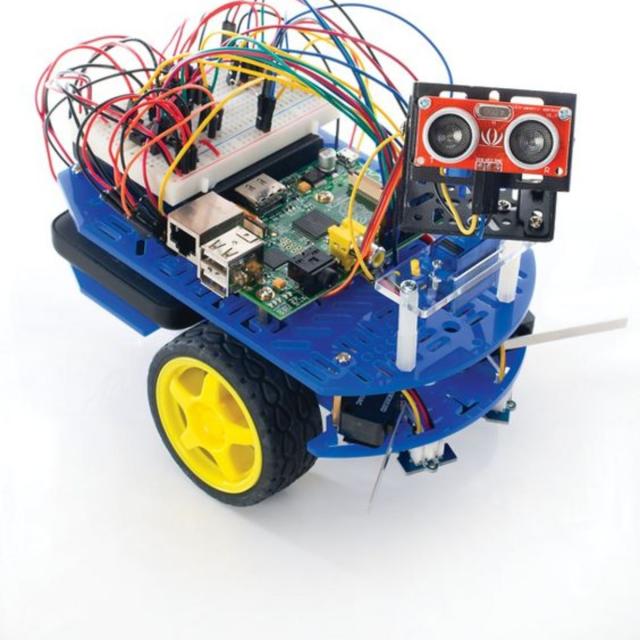Moscow Institute of Physics and Technology
The Moscow Institute of Physics and Technology is the leading institute of higher education of the Russian Federation, training highly-qualified specialist in various areas of modern science and technology.
- The Federal State Educational Institution of Higher Professional Education, "Moscow Institute of Physics and Technology (State University)," was established by resolution of the USSR Council of Ministers on 17 September 1951 № 3517-1635 cc and by Order of the Minister of Higher Education of the USSR October 1, 1951 on the basis of the resolution established on November 25, 1946 by the Council of Ministers of the USSR of a physics and technology department at the Moscow State University as the Moscow Institute of Physics and Technology.
- By Order of the State Committee of the Russian Federation dated November 2, 2009 № 1613-r with respect to the State Educational Institution of Higher Professional Education, the "Moscow Institute of Physics and Technology (State University)" is categorized a "National Research University."
- By Order of the Ministry of Education and Science of the Russian Federation dated 23 May 2011 № 1728, the State Educational Institution of Higher Professional Education, "Moscow Institute of Physics and Technology (State University)," was renamed the Federal State Funded Educational Institution of Higher Professional Education "Moscow Institute of Physics and Technology (State University)."
- The Federal State Autonomous Educational Institution of Higher Professional Education, "Moscow Institute of Physics and Technology (State University)," was created by Order of the Ministry of Education and Science of the Russian Federation from November 21, 2011 № 2735 by way of changing the type of existing Federal State Funded Educational Institution of Higher Professional Education "Moscow Institute of Physics and Technology (State University)."
The institute has a rich history. Its founders and early staff members were Nobel Prize winners P.L Kapitsa, N.N Semenov, and L.D. Landau. Nobel Prize winners are among its graduates as well. Many Fiztech professors are leading scientists in Russia, among which are more than 80 academics and corresponding members of the Russian Academy of Sciences.
From the beginning, Moscow Institute of Physics and Technology has used a unique system for training specialists, known commonly as the “Fiztech System,” which combines fundamental education, engineering disciplines, and student scientific research.
With a history rich in significant events and longstanding traditions, the Institute pays deserved attention to its symbolism. The Phystech emblem is original and filled with physics ideas, representing its devotion to science.
The institute has an interesting emblem, filled with physics ideas.
Many are unaware of how the MIPT territory looks: it’s rather extensive and continues to expand to this day.
Every 5 years MIPT celebrates a double anniversary: on 25 November 1946 a decree was issued by the Council of Ministers of the USSR on the establishment of the Faculty of Physics and Technology (PTF) at the Moscow State University, and 5 years later the Moscow Institute of Physics and Technology was created.
More info: http://mipt.ru/en/









